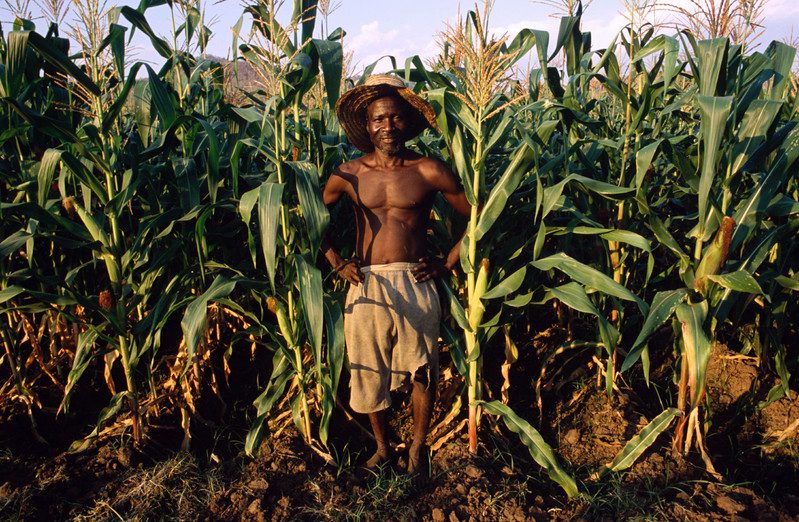Food and nutrition
Eating nutritious food each day is one of our most basic human needs. But around the world, soaring food prices, unreliable crops due to the effects of climate change, and trade rules that favour the rich, are forcing more people into hunger.
The result? A world food crisis which is seeing one sixth of the world go hungry.
As cereal prices have risen by 83% since 2005, poor families are finding they have access to less food, or less nutritious food, which is causing them to cut back on healthcare, education and other necessities. Women’s nutritional levels are particularly vulnerable, as they often put their families’ consumption needs before their own.
The human cost of the crisis is staggering:
- Each night, more than 300 million children go to bed hungry.
- The crisis threatens to push 290 million people into poverty
What Oxfam is doing
Oxfam is working to save lives in three key ways:
1. Providing emergency food:
For those facing severe hunger, we are organising emergency food distributions.
2. Giving cash handouts for buying food:
It is critical to support local food markets, so we also provide cash in exchange for work so people can choose what to buy
3. Restocking livestock and grain banks:
In communities where people depend on farming for food and income, we help farmers restock grain supplies, access tools and access vaccinations and fodder to keep livestock alive.
We address the underlying causes of the crisis by:
- working with governments on trade policies to end the dumping of food surpluses
- advocating for the benefits of investing in small-scale agriculture and fishing (ensuring countries are less dependent on food imports)
Improving agriculture
Before the world food crisis, Oxfam was working around the world providing expertise in agricultural techniques to improve nutrition and food security.
In impoverished areas, agriculture is depended on as a way of life; providing food and job security that otherwise wouldn’t be available. Support for agriculture can produce real results for people in poor communities and help lift them out of poverty. For example — home gardens which are helping families in Sri Lanka grow more food to eat and earn an income– or livestock distribution schemes that help farmers boost their agricultural production in Mozambique.
The Sustainable Rice Intensification (SRI) system has shown farmers across south-east Asia how to increase crop yields without using expensive chemicals.
Indigenous health
Closer to home, the Mornington Island Breakfast Club program is helping improve the health and nutrition of Aboriginal and Torres Strait Islander peoples.
